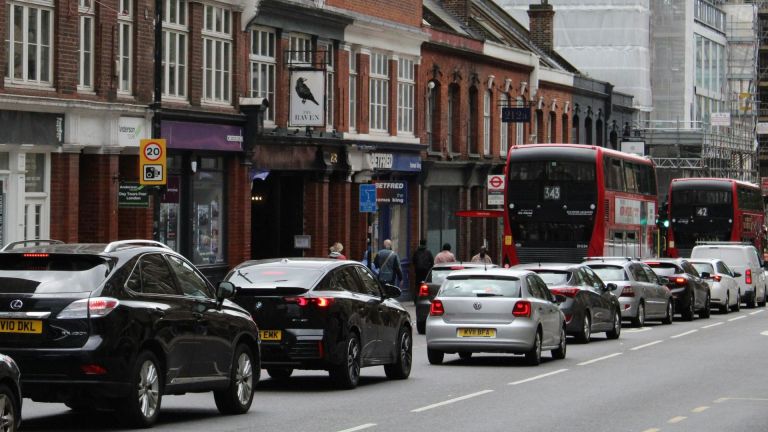When I was born in 1991 there was just under 60,000 households in temporary accommodation, and when I was homeless as a teenager there was under 50,000. Today that figure stands at a staggering 109,000 with 142,000 children with no permanent home to call their own. Eating their dinner at the end of a bed and breakfast bed, no space to do homework, no room to play, no friends to play out with.
Coupled with that, more than 4,000 people will bed down tonight in doorways, bus shelters, alleyways and street pavements. Each one will be living with the anxiety and trauma of shuffling feet making their way closer towards them, drunk or angry voices getting louder in volume until it is upon them, almost suffocating them, their bodies tense waiting for the all too familiar feeling of a kick to the ribs or the cruel laughter bellowing out as they are urinated on.
This isn’t conjecture, this isn’t melodramatic or histrionic. This is the daily reality for many thousands of people waking up to their worst nightmare over and over again. Trapped in what feels like an endless cycle of doom and misery with no obvious route out.

As Sadiq Khan secures a historic third term as mayor of London, his promise to end rough sleeping by 2030 stands as a beacon of hope in the fight against homelessness. Meanwhile, the Conservative government faces scrutiny for its failure to fulfil its manifesto pledge of ending rough sleeping by 2024 and its alarming move towards criminalising homelessness through the Criminal Justice Bill. The stark contrast between these two approaches highlights the deep-rooted challenges and ideological divides that continue to hinder progress in addressing homelessness.
Amidst the political posturing and rhetoric, the fundamental question remains: do any politicians truly have the answers to end homelessness, or is it all just hot air?
On one side of the political spectrum, we have Khan’s bold commitment to tackling rough sleeping head-on. His pledge to eradicate rough sleeping within the next decade reflects a recognition of the urgency and severity of the homelessness crisis. However, lofty promises alone are not enough to solve this complex issue. Khan’s vision must be backed by concrete actions and robust policies to address the underlying causes of homelessness.










